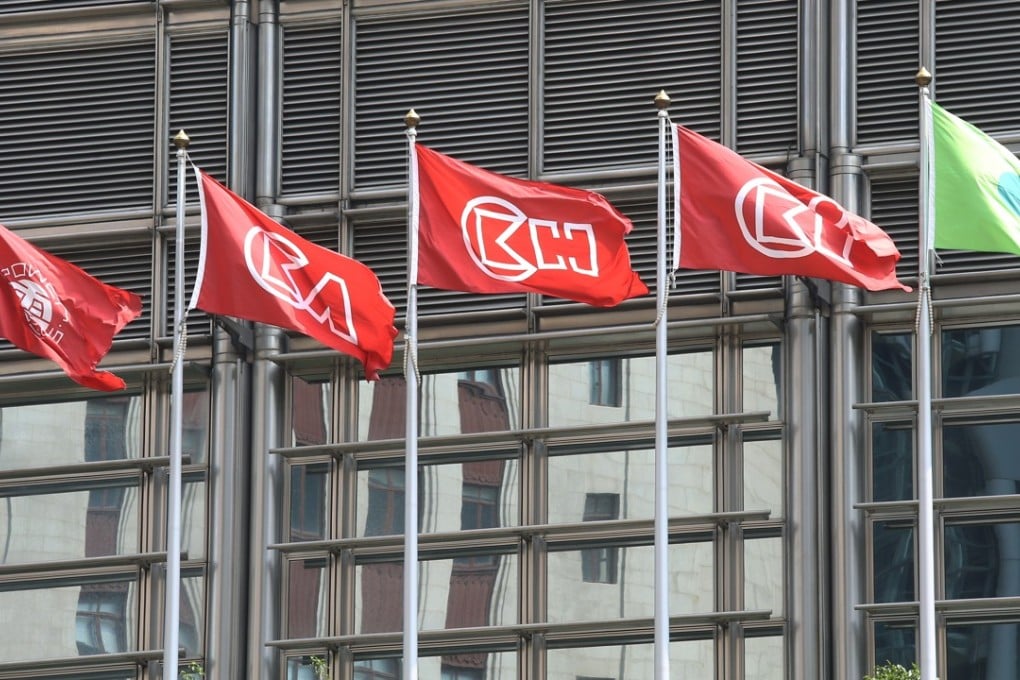Hong Kong’s property arms race set to slow as mainland developers abide by administrative controls

The era of mainland Chinese developers paying well over the odds for Hong Kong property appears set for a pause – providing respite, if only temporarily, from the wild dealmaking that prompted a crackdown by mainland authorities worried about potential fallout from “irrational or speculative investment”, according to an international law firm.
Under new rules that came into effect on March 1, real estate investments by offshore entities controlled by a mainland Chinese company need to get approval from mainland regulators. The rules apply to both direct and indirectly controlled companies.
“We may see a slowdown because Chinese companies investing in real estate really need to talk to the government and are not sure whether the government will approve their deals,” said Paul Guan, partner in the Real Estate practise of Paul Hastings. “It is unlikely that Chinese investors will offer prices a lot higher than local developers.”
Administrative rules unveiled by the National Development and Reform Commission (NDRC) in December were designed to target “irrational” overseas investment, particularly those mainland companies that piled into Hong Kong properties at record prices.
The policy, known as the Administrative Measures for Outbound Investment by Enterprises, set out a broadened definition of Chinese investors.
“Those high bids, most of the time, are not rational, which makes the Chinese government look bad. It is saying that Chinese investors do not care about the quality, financial return or future, they just want to spend money. That is called by the government irrational or speculative investment,” Guan said.
In a deal announced in November, a consortium called C.H.M.T. Peaceful Development Asia Property, bought an office block in Central, The Center, for HK$40.2 billion (US$5.15 billion) from a company controlled by Li Ka-shing, the world’s most expensive transaction for a single building.